With a handshake, U.S. President Donald Trump and North Korea’s Kim Jong Un made history, becoming the first sitting leaders of the Korean War foes to hold a summit. But was it just a photo op?
In this Ground Truth Briefing, Wilson Center experts considered whether the Singapore summit yielded real progress on denuclearization; the impact of these developments on U.S. diplomacy with other countries; China’s reaction; how the lives of average North Koreans could be affected; and what’s next in what President Trump calls “a new chapter” in U.S.-North Korea relations.
Quotes from Jean H. Lee
“I think that the reception in South Korea has been generally positive. Remember that South Koreans have been the ones who are really in the line of fire here. They would much rather have a situation where they’re moving toward peace, rather than the constant threat of thermonuclear war… But I should mention [that there is] quite a lot of skepticism as well. The South Koreans have been down this path before.”
"What this summit provided for Kim Jong Un was a chance to portray him as somebody who is a nuclear power on par with president of the United States. We’re seeing that language reflected in their state media... This will back up [Kim's] claim that he’s a bold strategist who’s taken seriously by the world, and that will reinforce his ability to carry out his policy. And it will also embolden his sense of confidence in dealing not only with his allies, but also with his foes -- and we need to take that change in his own confidence into consideration.”
"[Kim] has walked away from this summit with propaganda gold without promising anything concrete in return. But that said, the pressure now is on the Trump administration to find ways to hold him accountable and to map out a timeline that is very concrete, includes milestones and goalposts on that path to denuclearization, and also includes verification.”
"I am actually looking at some of the writing from Kim Il Sung from 1994, just because I think it’s important for us to look at history and remember this process has been going since the early 1990s. And I have to tell you, looking at this document right now, the language is almost exactly the same. So, this is not new language coming from North Korea. What is new is that the U.S. president has given [Kim] legitimacy, and that is a bold gesture. That is a gift, and let’s just hope that it pays off.”
“President Trump is involved in some psychological maneuvering here. I’ve seen him in the run-up here playing a very interesting emotionally manipulative game, and maybe it will be successful. I hope it is successful in pressuring North Korea to behave well in exchange for concessions. So, in a way, is he saying this because he wants North Korea to feel that we believe that they are no longer a threat, and that will bring some concessions as they negotiate going forward?”
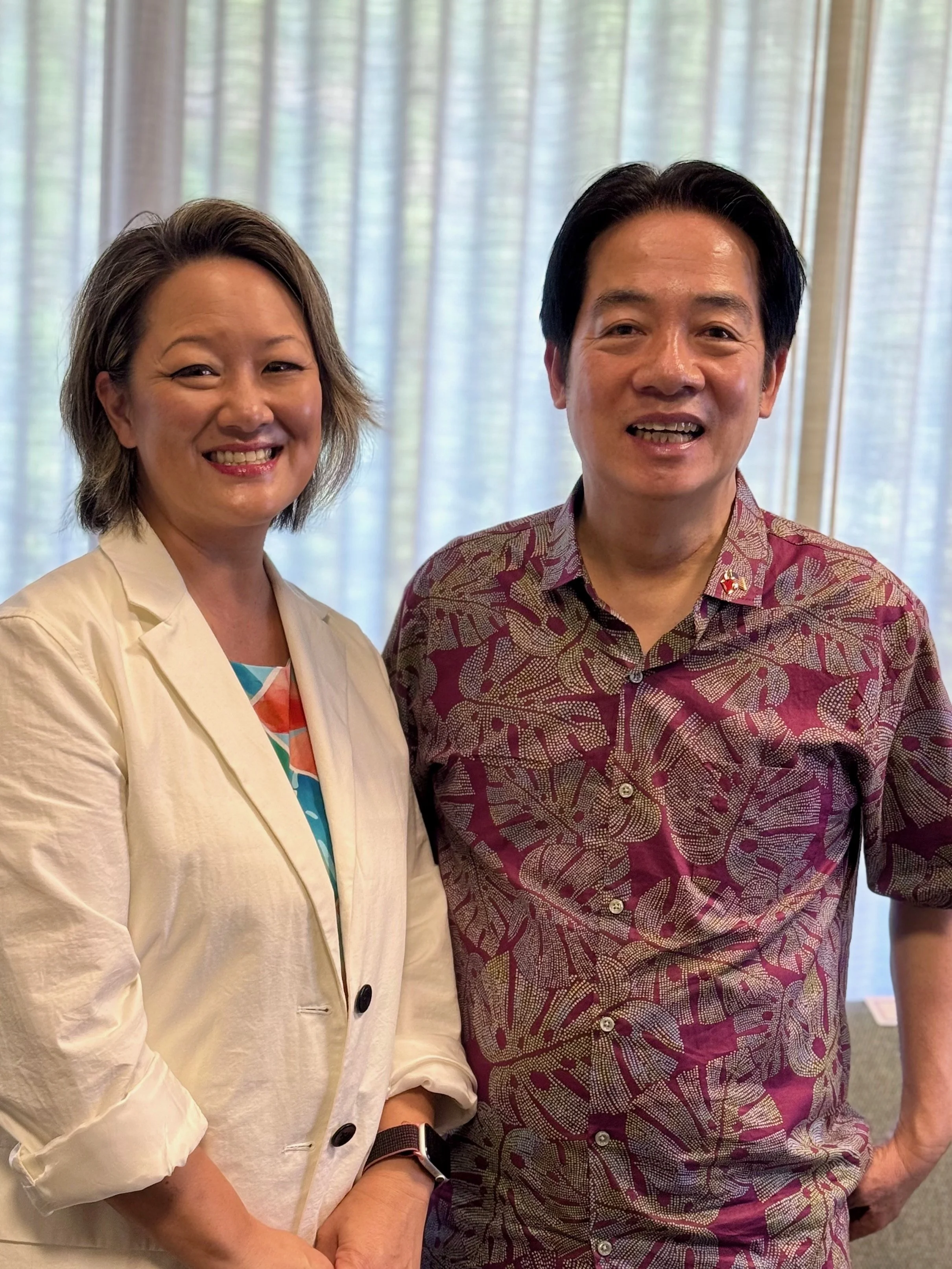
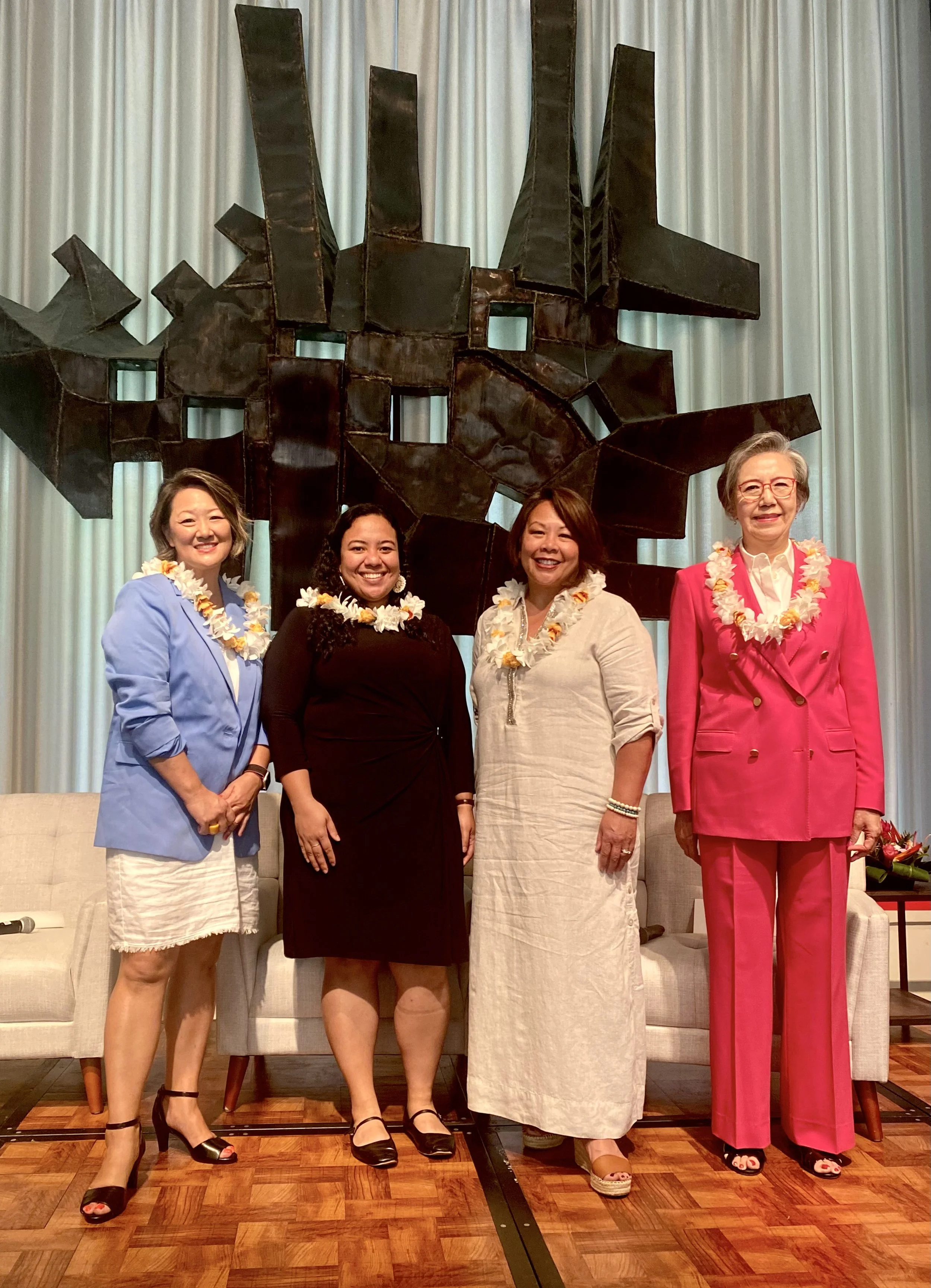
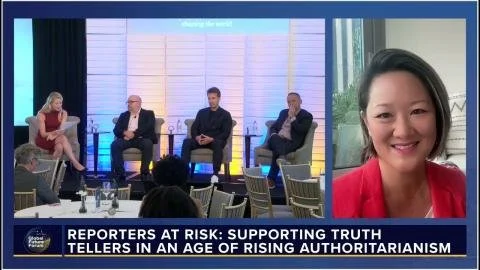
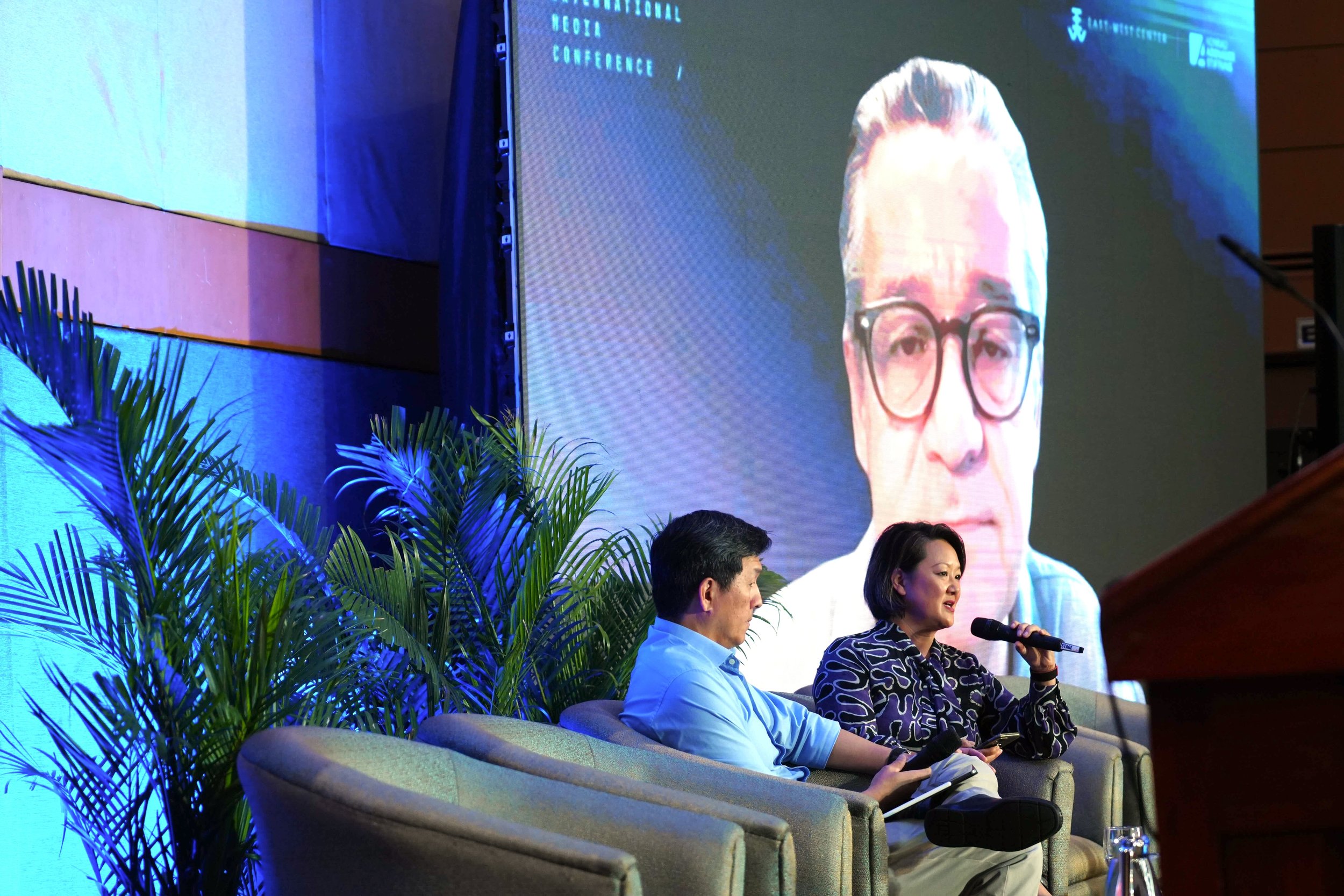

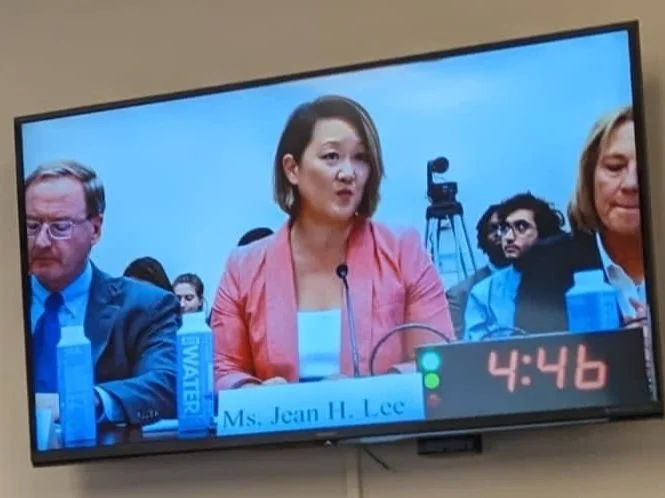


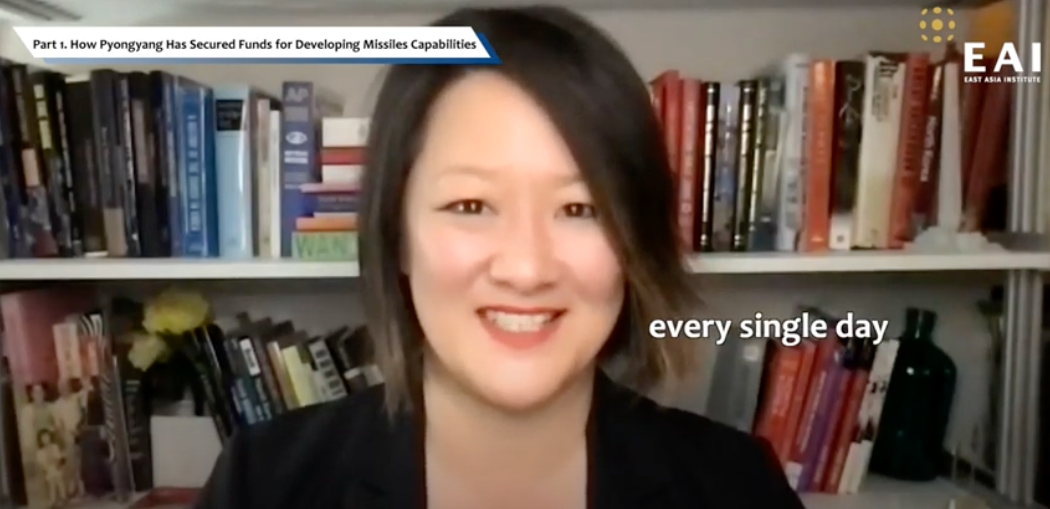







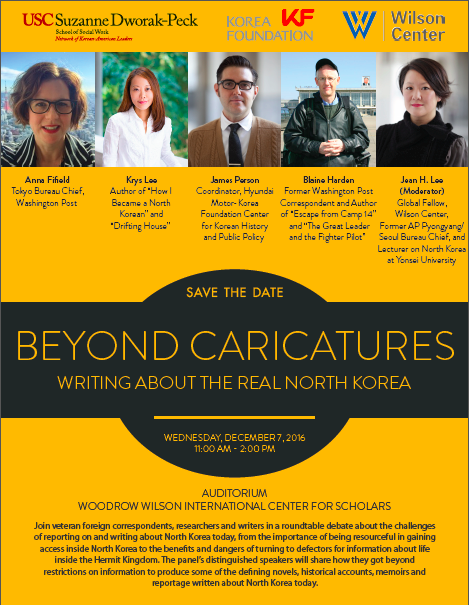


Leading U.S. experts and former officials to identify actionable policy steps the White House and Congress should take to address the growing threat from North Korea.